Mon - Fri: 8am - 5pm, Sat - Sun: Closed

6-36 Month Warranties
We Ship Local.
Hablamos Español.
Connect with
The Impact of Engine Size on Vehicle Performance
Engine Size Impact
How Engine Size Shapes Vehicle Performance?
Engine size significantly impacts vehicle performance, affecting power output and fuel efficiency. Larger engines, with greater engine displacement, are generally more powerful, offering increased acceleration and greater towing capacity, making them ideal for performance-demanding vehicles like trucks and SUVs. The balance between engine size and vehicle performance is necessary for optimizing both power and efficiency.
Smaller engines, while traditionally less powerful, have seen significant improvements through technologies like turbocharging. This allows them to compete closely with larger engines in terms of power, while also excelling in fuel efficiency, which is particularly important for daily commuting and city driving. The push towards more eco-friendly technologies has made smaller engines more relevant today, providing a practical solution for those who prioritize efficiency over high-speed performance. The comparison of small vs large engines highlights the trade-offs between engine power vs fuel efficiency.
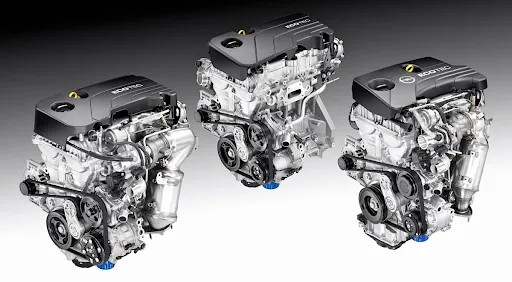
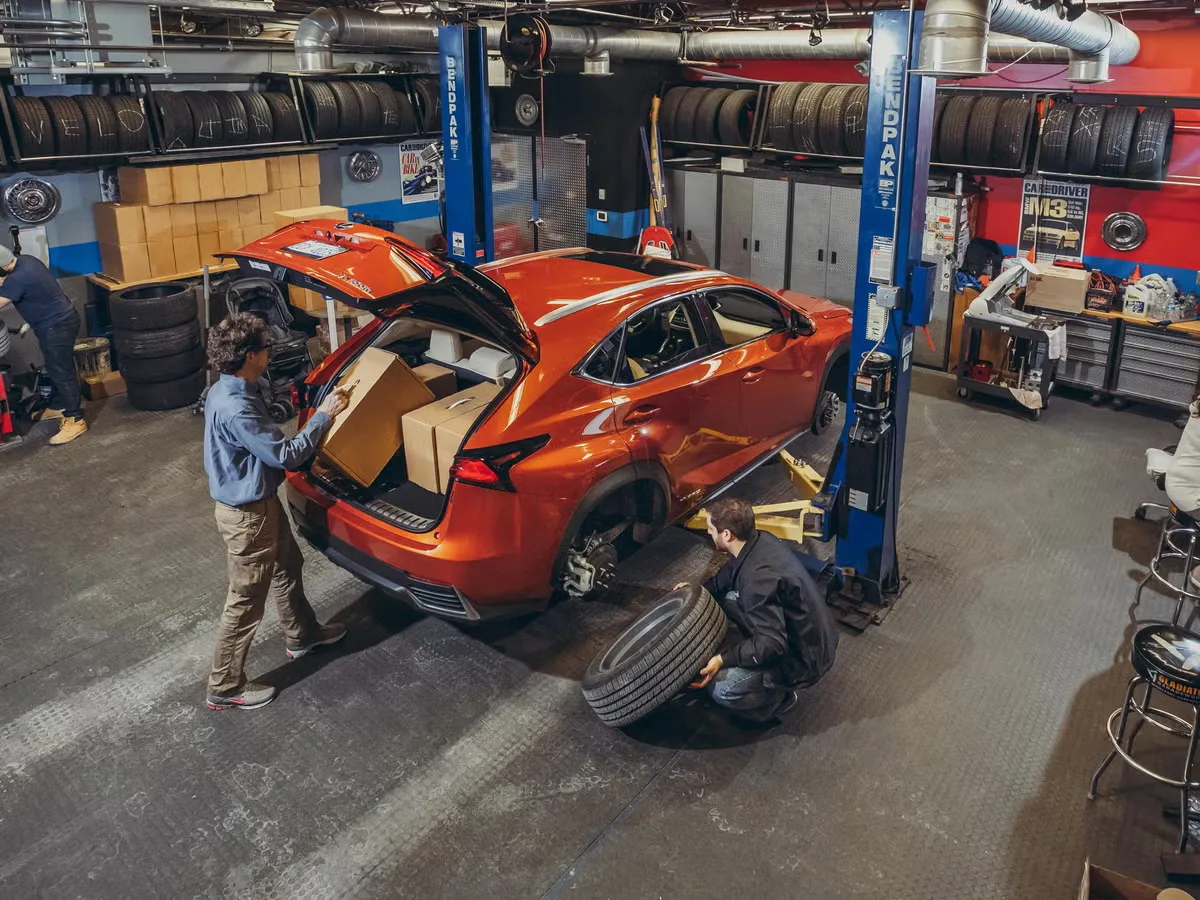
Choosing the optimal engine size for a vehicle largely depends on the intended use and driving conditions. Vehicles equipped with larger engines excel in power and are better suited for tasks requiring robust performance like towing. On the other hand, smaller engines are more advantageous for urban driving where fuel economy and ease of maneuverability are more difficult.
Finding the Best Engine Specs for Increased Performance
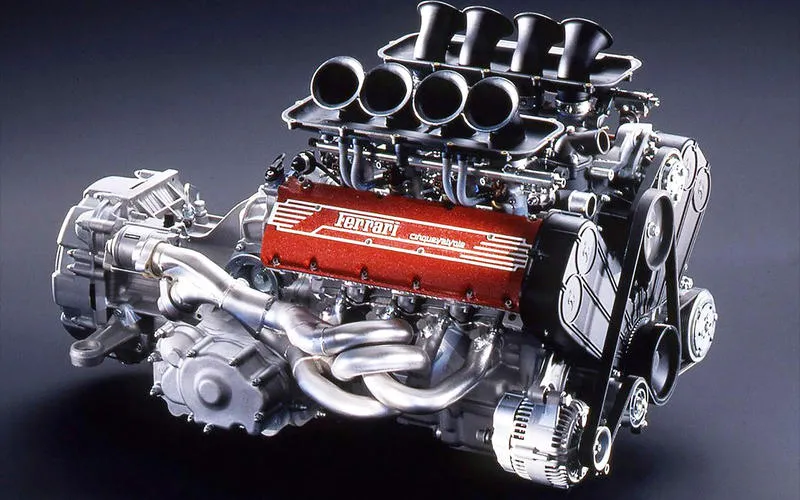
Comparing engine specs across different vehicle models shows that larger engines, like the V8s found in high-performance vehicles such as the Jeep Wrangler Rubicon 392 and the Ram 1500, typically deliver superior power, speed, and durability. These engines are engineered to withstand demanding conditions, which makes them ideal for heavy-duty applications including towing and carrying significant loads.
Smaller engines have their own set of advantages, particularly in terms of fuel economy and vehicle handling. Models like the Jeep Wrangler with a 2.0-liter turbocharged engine illustrate how technological advancements, such as efficient turbochargers and advanced cooling systems, increase smaller engines' performance. These engines are increasingly capable of matching the power output of their larger counterparts, making them suitable for a wide range of uses from daily commuting to moderate towing tasks.
The connection between engine size and acceleration is quite clear. Larger engines provide the high torque necessary for quick starts and powerful acceleration, important qualities in performance-oriented cars and trucks designed for demanding tasks. This capability makes them preferred choices for drivers who value speed and power, especially in scenarios that require rapid movement from a standstill or robust towing capacity. Engine performance metrics are necessary in understanding these dynamics.
Fuel Economy Versus Power Output in Engine Sizes
Fuel economy is often inversely related to engine size. While larger engines provide more power, making them suitable for performance-oriented tasks like towing, they also consume more fuel. This increased fuel usage can impact both environmental sustainability and the cost of operation. Manufacturers face the ongoing challenge of improving fuel efficiency in these powerful engines without compromising their performance, striving to meet both consumer demands and regulatory standards. The balance between engine power vs fuel efficiency is central to these efforts.
To address these challenges, modern large engines are increasingly equipped with advanced technologies such as direct injection and variable valve timing. These innovations have significantly improved how these engines manage fuel consumption. For instance, direct injection allows for more precise control of the fuel entering the engine, leading to better combustion efficiency, while variable valve timing adjusts the timing of the valve openings and closings to optimize power and efficiency at different engine speeds. Fuel economy and engine size are closely linked to these advancements.
Small engines have become more competitive in terms of power output thanks to developments like turbocharging and hybrid technologies. These smaller units are now capable of delivering power outputs that rival those of larger engines but with the added benefit of better fuel efficiency. This makes them particularly attractive for a wide range of vehicles, from compact cars to mid-size SUVs, where balancing power with fuel economy is necessary. The engine size benefits of smaller engines are particularly evident in these scenarios.
Engine Displacement and Its Impact on Towing Capacity
Engine displacement plays a significant role in determining a vehicle’s towing capacity. Larger displacement engines generate higher levels of power and torque, which are necessary for towing heavy loads. This makes them the preferred choice for vehicles like pickup trucks and large SUVs, which are often used for tasks requiring substantial towing capabilities. The greater torque produced by these larger engines provides the necessary strength to pull heavy trailers, making them ideal for heavy-duty applications. Engine size and towing capacity are directly related to these performance outcomes.
Smaller engines may struggle with heavy loads, particularly if they lack the torque needed for such tasks. However, advancements in engine technology, such as turbocharging and improved engine management systems, have increased the towing capabilities of smaller engines. Despite these improvements, larger engines still remain the best option for those who need maximum towing capacity, as they offer the most power and durability for heavy-duty work. The engine size impact on performance, especially in challenging tasks like towing, remains a difficult factor for consumers.
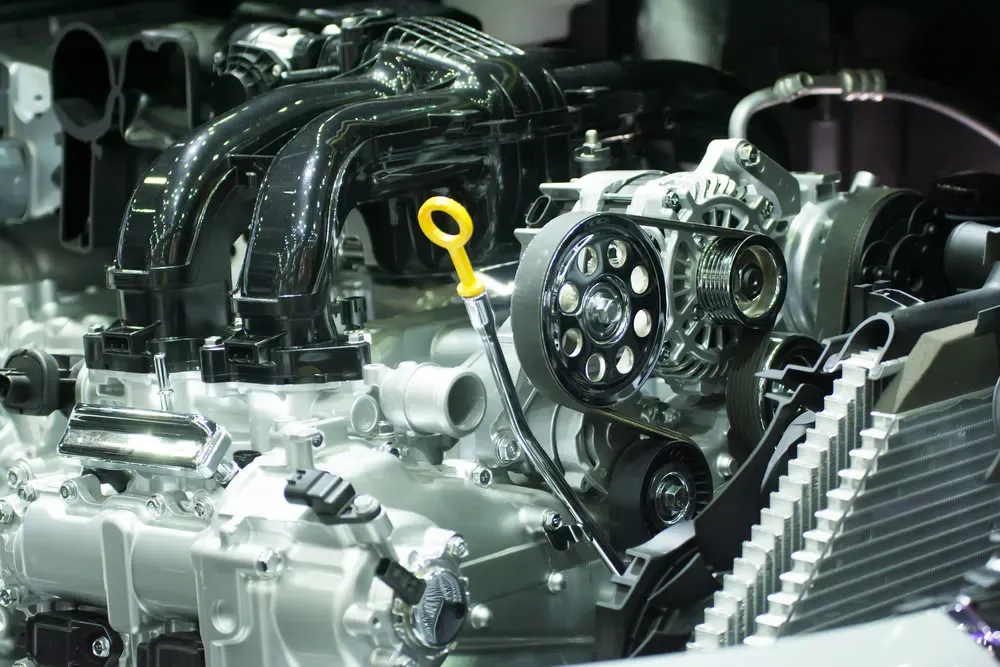
Engine Performance Metrics Across Different Vehicle Types
Different vehicle types have unique performance needs, which directly influence engine design and metrics. Trucks and large SUVs, for example, require engines with high torque and horsepower. These larger engines are necessary for towing and carrying heavy loads, making them the go-to choice for vehicles designed for work or off-road adventures. The 2024 Ford Super Duty, equipped with a robust V8 engine, is an example of how larger engines are tailored to deliver the power necessary for demanding tasks.
Compact cars and small SUVs prioritize fuel efficiency and maneuverability. These vehicles are typically equipped with smaller, more efficient engines that still provide adequate power for daily urban and suburban driving. Advances in engine technology, like turbocharging, have allowed these smaller engines to deliver sufficient performance while maintaining excellent fuel economy, making them ideal for city use.
Sports cars present a different challenge, as they require a balance between raw power and agility. High-speed performance demands powerful engines, but these engines must also be compact enough to maintain the vehicle's handling and balance. The 2024 Chevrolet Corvette, for example, uses a high-revving V8 engine that provides substantial power while being designed to keep the vehicle agile and responsive. Visit Houston Engine for your perfect engine solution.
Get our latest news and promos
QUALITY ASSURED


SATISFACTION GUARANTEED

UNPARALLELED SUPPORT
Houston Engines
Proud Member


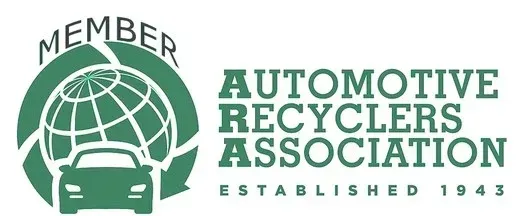
Social Media
Payments Accepted
Ship Via











